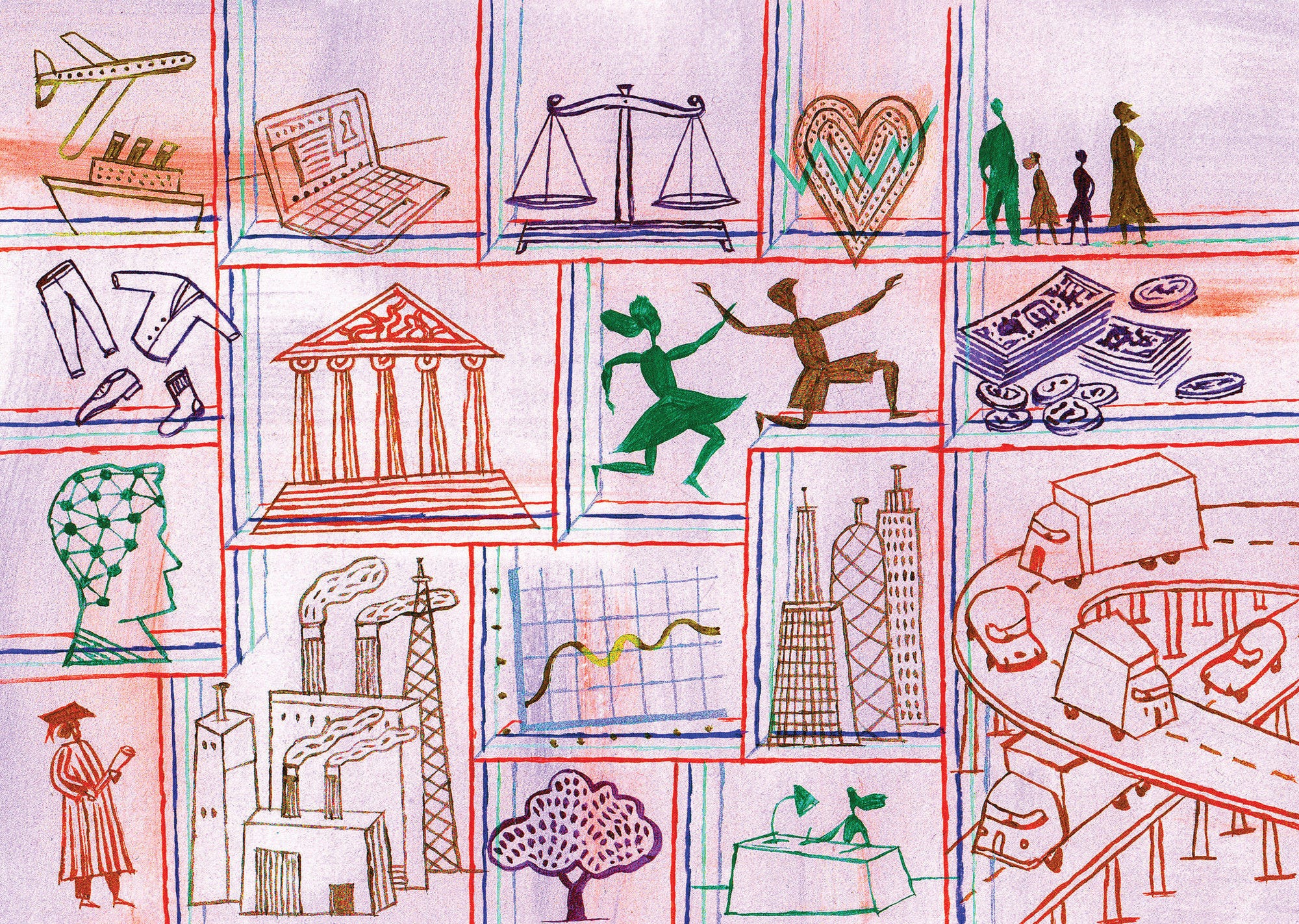One of the most pervasive consequences of the 2007-08 economic crisis has been the increase in income inequality to historically high levels in many OECD countries. Increasing income inequality could affect material conditions, human capital formation and access to opportunities for those at lower levels of the income distribution. Additionally, higher inequality could also lead to loss of trust in government and its capacity to implement policies that favour the many over the few. Governments’ capacity to level the playing field for people by ensuring equality of opportunity and a minimum standard of living is key to avoiding social unrest and fostering well-being.
Governments can play a role in increasing or reducing income inequality through taxes (e.g. tax exemptions) and transfers (e.g. allowances or subsidies). The Gini coefficient is the standard measure of inequality representing the income distribution of the population within a given country. It takes the value of 0 when all households have identical income and 1 when one household has all the income. In 2016, on average income inequality before taxes reached 0.47 in OECD countries and declined to an average of 0.32 after government intervention. Redistribution levels are highest in European countries with consolidated welfare states, such as Finland (24.6 p.p.), Ireland (23.4 p.p.) and Belgium (23.3 p.p.).
Household wealth is more unequally distributed than household income, due to the very high levels of concentration at the top of the wealth distributions. Across OECD countries, the wealthiest 10% of households hold 52% of total net wealth, compared with 24% of total income held by the 10% of people at the top of the income distribution. Wealth inequality, as measured by the net wealth share held by the top 10% of households, is highest in the United States (79%) and the Netherlands (68%), and lowest in Japan (41%) and the Slovak Republic (34%).
Considering the distribution of wealth alongside that of income provides a more comprehensive view of the economic means available to cope with income changes. In OECD countries, many people who are not considered income poor are nevertheless economically vulnerable in the event of a sudden loss of income, e.g. through unemployment, family breakdown, or disability. If income were to stop suddenly, such people would not have enough readily available financial assets to keep living above the poverty line for at least three months. Economic vulnerability is highest in Latvia (62.2%) and Greece (55.4%). In turn, it is the smallest in Japan (13.6%) and Korea (4.3%) (Balestra and Tonkin, 2018). The high concentration of wealth and high levels of economic vulnerability shed light on governments’ key role in contributing to reducing income inequalities.



